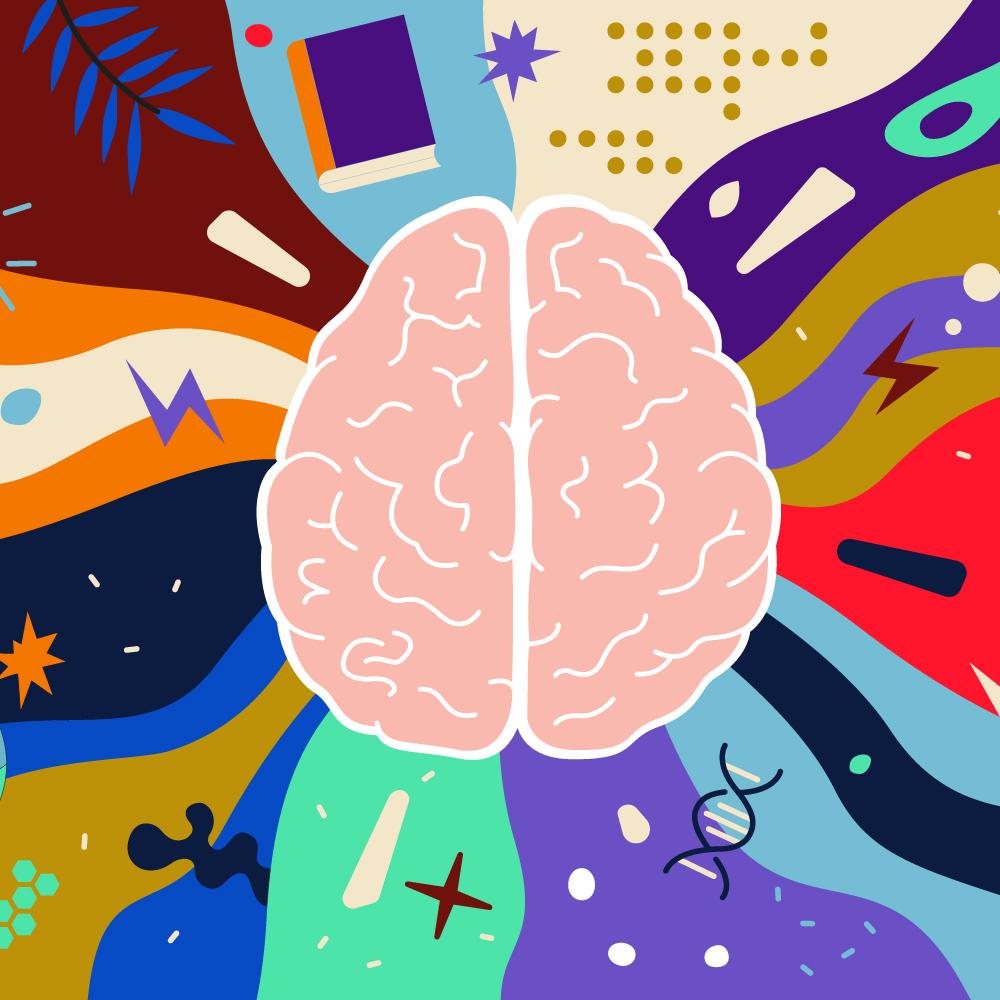
11 Oct How Civilizational Shifts Shape Our Jobs
The ‘Human Computer’ is now at loggerheads with the ‘Computer Human’… in the greatest ‘samudra manthan’ of our generations
While reading ‘There Are Rivers in the Sky‘ by Elif Shafak, I stumbled upon a passage that listed various jobs from 19th-century London. Honestly, I had to look some of these professions up in dictionary! Almost all of these jobs have ceased to exist today, just over mere 150 years later!!! It got me pondering how transient jobs and careers can be, and how we constantly need to evolve with every change that propels civilisations forward.
The coffee I was sipping on while reading turned out to be more potent than coffees usually are. You know how coffee’s supposed to chase away sleep? Well, this one felt more like a lullaby making me drool and wonder! My thoughts began to drift toward how, in my relatively short lifetime, I’ve seen many jobs disappear—trunk call tele-operators, typists, dictionary compilers, bookkeepers, and so on. A quick Google search revealed a list of 51 professions that were popular a couple of centuries ago but are now completely irrelevant.
Throughout history, human civilisation has undergone transformative phases where groundbreaking discoveries or inventions—be it the discovery of fire, the invention of the steam engine, or the dawn of the internet—has propelled society forward. Many of us might say that it was science that drove us forward. As a person rooted academically and professionally in science, engineering, and technology, I view ‘Science’ as a subset of ‘Art.’ Science, in my opinion, is the meticulous ‘art’ of disciplined research and logging results towards specific goals. While the potential to revolutionise everyday life is immense with each artistic/scientific breakthrough, it also brings unsettling ambiguity, leading to the obsolescence of many previously sought-after jobs and things. In the inset box, I have listed a few examples of the Civilisational Revolutions, where an artistry (scientific progress), when scaled up, created societal shift that rendered many sought-after jobs absolutely redundant.
Today, we stand on the brink of yet another Civilisational Evolution with the rise of the artistry of Artificial Intelligence (AI). Even the most educated and intelligent among us — dapper in their jargons, shiny leather jackets, or fresh hairdo — grapple with the unknowns of what scaling this technology might entail. Despite the boundless optimism surrounding AI’s potential, there’s a palpable undercurrent of fear, particularly among the educated and the intelligent, who recognise the profound uncertainties it introduces. Unlike previous breakthroughs that brought civilisational transformations — where the risks were more tangible — AI’s impact on our jobs is perhaps far more ambiguous yet impactful.
The anxiety stems from the fact that no one truly knows how AI’s scaling up will reshape our society, jobs, ethics, or even the essence of human identity. While we’ve always been able to envision the benefits of steam engines, electricity, or the internet, AI challenges our sense of control. Will it guide us toward unprecedented progress, or will it introduce challenges that could reshape—or even disrupt—the very fabric of human existence? What happens when machines can think, learn, and make decisions beyond human capabilities and do so independent of human intervention? How do we ensure that the systems we create will reflect our values? Worse still, how do we prevent them from spiralling into uncharted territories that we can no longer regulate? How do we responsibly scale up this technological marvel without losing control of its direction? Will it lead to a utopia of efficiency, creativity, and abundance, or will it bring unintended consequences that challenge the very structure of our society? These uncertainties are what makes AI so unsettling. The scaling of AI represents both an exciting leap forward but with a daunting question mark. The ‘Human Computer’ is now at loggerheads with the ‘Computer Human’… in the greatest ‘samudra manthan’ of our times.
At the heart of every leap in civilisation’s evolution are three key components that drive progress: (1) artistry (new discovery or invention), (2) scaling-up, and (3) mass-adoption. Man has had a choice in how they engage with these forces. We can choose to be…
- the ‘artist’ — i.e. the visionary who discovers or invents something new, breathing life into an idea with the potential to transform the world, or
- the ‘industrialist’, ‘business leader’, or ‘professional’ —i.e. them who scale up the new artistry and bring it to the masses, making it practical, accessible, and impactful on a global scale, or
- the adopters / consumers — i.e. them who experience the artistry and their lives are directly transformed or disrupted by these innovations.
As we mull over the uncertain terrain of AI and related emerging technologies, you and I, we have a role to play. Whether we’re creating the art, or scaling it, or using it, the choices we make will influence the next phase of civilisation’s evolution. Our collective actions and direction will determine how we embrace this next leap forward — with creativity, vision, and usage. This civilisational evolution of will bring the obsolescence of many current jobs and the evolution of many new ones. The ‘list of 51 jobs no longer needs‘ that surprised me, could easily be a list of 5100 jobs no longer needed, thanks but no thanks, to AI.
The questions to ask perhaps is…
- Am I ready for ‘The AI Revolution”?
- Do I grow in my job, or is my job becoming obsolete?
The Agricultural Revolution (~10,000 BCE)
- The Artistry: Discovery of farming and domestication of animals.
- The Scaling-Up: Shift from nomadic lifestyles to settled communities, enabling population growth and the development of complex societies.
- The jobs/work that became redundant: Hunter-gatherer roles, traditional foraging practices, and certain forms of nomadic survival techniques.
The Bronze Age Revolution (~3300 BCE)
- The Artistry: Invention of bronze tools and weapons.
- The Scaling-Up: Development of trade networks and cities, advancing military and agricultural technologies.
- The jobs/work that became redundant: Stone tool crafting and primitive farming methods using older, less efficient materials.
The Renaissance Revolution (~14th – 17th Century)
- The Artistry: Revival of Greco-Roman art, science, and literature; masterpieces created by artists like da Vinci and Michelangelo.
- The Scaling-Up: Invention of the printing press, enabling the mass dissemination of knowledge, scientific ideas, and artistic works across Europe.
- The jobs/work that became redundant: Scribes who manually copied texts and local artisans using traditional techniques displaced by new methods.
The Scientific Revolution (~16th – 18th Century)
- The Artistry: Breakthroughs in physics, biology, and chemistry (e.g., Newton’s laws of motion, Galileo’s telescopic discoveries).
- The Scaling-Up: Establishment of modern scientific methods and institutions, fostering technological growth and academic expansion.
- The jobs/work that became redundant: Alchemists, astrologers, and those relying on pseudoscience or superstition for explanations of natural phenomena.
The Industrial Revolution (~18th – 19th Century)
- The Artistry: Invention of steam engines, mechanised factories, and mass production techniques.
- The Scaling-Up: Transformation of economies from agrarian to industrial, leading to urbanisation and a massive surge in productivity.
- The jobs/work that became redundant: Handcraft workers, small-scale artisans, and traditional farmers unable to compete with industrial output.
The Information Age Revolution (~Mid-20th Century to Present)
- The Artistry: Invention of computers, the internet, and digital communication technologies.
- The Scaling-Up: Global connectivity, democratization of information, creation of the digital economy benefiting billions worldwide.
- The jobs/work that became redundant: Postal workers, traditional archivists, manual data processors, many clerical roles.
P.S. ‘There Are Rivers in the Sky‘ by Elif Shafak is an amazing read. Jobs will come and go, and good storytellers will survive the different tides of civilizational evolutions across time.
If you liked this post, then you may consider reading Big 4 Life Questions & No Right Answers also.



No Comments